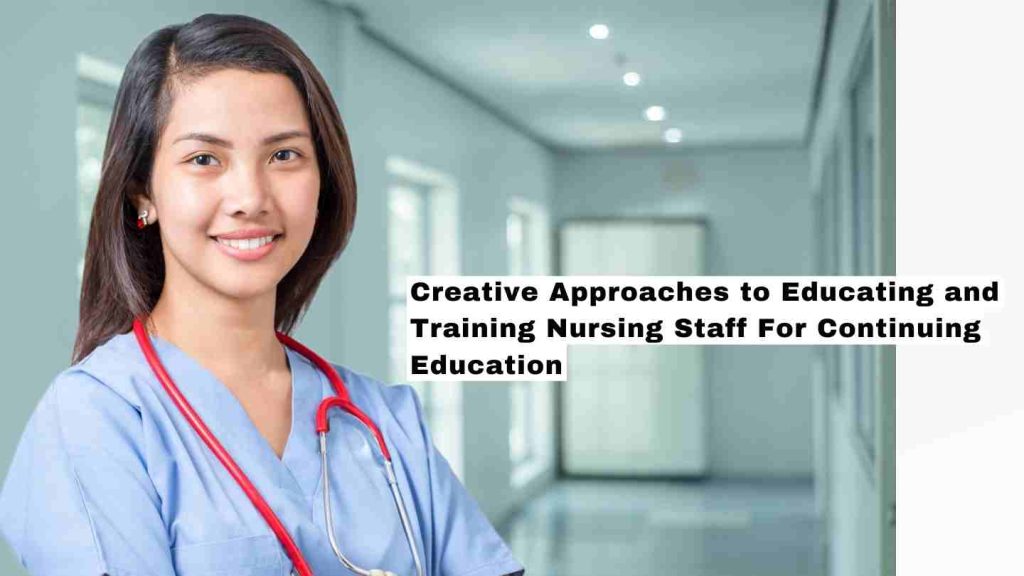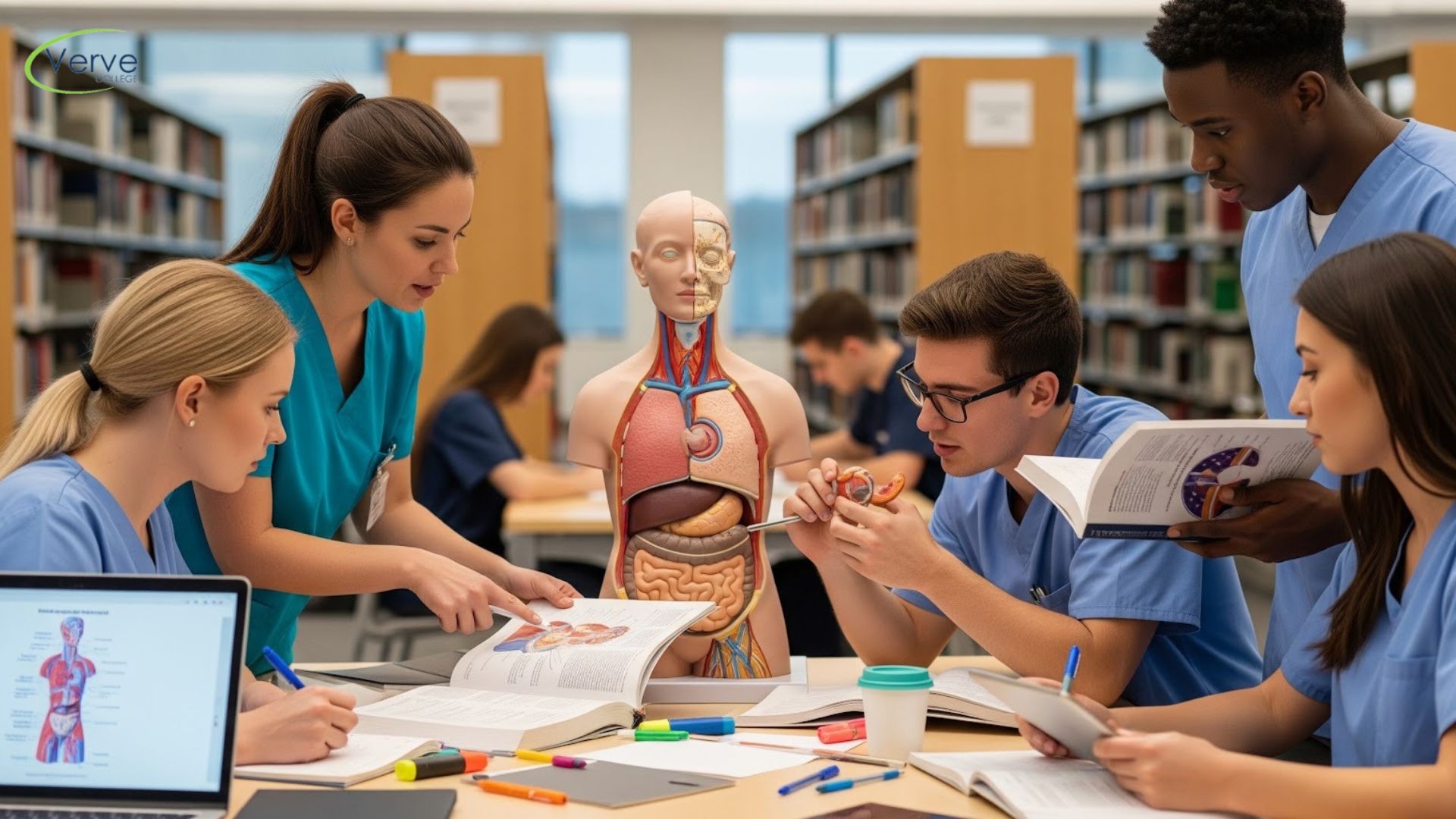- Oak Brook:(630) 705-9999
- Chicago:(312) 920-8822
- Email:inquiry@vervecollege.edu
- Make a Payment
- Home
- Programs
- Admission
- Resources
- ATI Entrance Exam Resources
- New E-Digital Library
- Refer a Friend
- School Newsletter
- Events
- Employers
- Job-Network
- Alpha Beta Kappa Candidates
- Verve College Library
- Graduation and Pinning Ceremony Photo Galleries
- Textbook Information
- Career Services
- Tutoring
- School Catalog
- FAQ
- Constitution Day Program
- Alumni
- Verve College Plans
- Financial Aid
- HEERF Reporting
- Satisfactory Academic Progress
- Apply For Financial Aid
- Net Price Calculator
- Return of Title IV Funds (R2T4)
- Financial Aid Office Code of Conduct
- Contact
- FAQs
- Verification Policy
- Vaccination Policy
- Student Right-to-Know Act
- Misrepresentation
- Information Security Program
- Academic Award Year
- Availability of Employee
- Cost of Attendance
- Health & Safety Exemption Requirement
- Students Rights and Responsibilities
- Leave of Absence
- Pell Formula
- Military Students
- Grants/ Scholarship Policy
- Contact Us
- Testimonials
- Blog
Is a Nursing Career Right For You?
Take The Free Quiz
Creative Approaches To Educating And Training Nursing Staff For Continuing Education
Creative Approaches To Educating And Training Nursing Staff For Continuing Education
Nursing is an ever-evolving field that plays an essential part in healthcare delivery. To keep pace with technological advancements in medicine and nursing practices, education must adapt accordingly if it wants to stay ahead. To become a licensed practical nurse, every nursing aspirant should adopt cutting-edge nursing training methods.
What is Nursing Education and Training?
Education to train skilled, compassionate nurses is known as nursing education. Nursing education equips future nurses with all of the knowledge, abilities, and mindset required for safe and efficient patient care delivery. Nursing staff education takes many forms, such as classroom instruction, laboratory practice, and clinical experiences that equip future nurses.
Nursing theory, as well as patient care skills needed, are taught through nursing education. These topics also encompass healthcare policies, ethics, legal issues, as well as nursing jobs theories, which students learn more about during this process.
Classroom Learning And Clinical Experiences
Nursing students engage in both classroom and clinical experiences simultaneously. Taking part in class discussions and listening to lectures develops critical thinking skills while giving students a theoretical grasp of nursing concepts.
A critical aspect of nursing education is clinical experiences supervised by licensed practical nurses or clinical instructors where knowledge and abilities acquired are put to practical use in actual healthcare industry settings.
Students gain experience working closely with patients across a range of healthcare facility environments – hospitals, clinics, long-term care facilities, and community health centers. Clinical rotations allow students to sharpen their professional judgment, teamwork communication skills, and clinical judgment as they engage directly with healthcare education settings such as hospitals or clinics.
Major Innovations in Nursing Education
The major advancements in nursing education have changed the way that nurses are educated and equipped for their careers.
Technology Integration
Nursing education with the help of healthcare technology has revolutionized student learning. Thanks to simulations, virtual reality, and augmented reality platforms, students can practice their skills safely in controlled environments that offer realistic scenarios. At work, nurses can further their continuing education using mobile applications or online platforms that offer flexible education solutions – something not possible under traditional models of instruction.
Interprofessional Education (IPE)
Students studying diverse healthcare specializations such as degrees in nursing fields, medicine, pharmacy, and social work come together for interprofessional education to participate in team-based learning activities that promote optimal patient care outcomes through increased efficiency in communication, teamwork, and mutual understanding among medical practitioners. This initiative brings students from these various specialties closer together while strengthening patient outcomes overall.
Professional Development and Lifelong Learning
Nurses can remain current on evidence-based practices by attending conferences, webinars and online platforms to update themselves with evidence-based practices as well as access specialized training. Nurses’ achievements can also be recognized via micro-credentialing or digital badges that promote lifelong learning and career advancement.
Cultural Competence and Diversity
Diversity education, cultural competency training and medical assistant programs have increasingly become part of nursing curricula, intended to increase self-awareness, reflection, humility, and appreciation of cultural backgrounds among nursing students. Activities aim to dispel myths regarding social determinants of health, provide tools that support equitable patient treatment regardless of ethnic background, dispel myths regarding cultural norms or practices, and help nurses treat all patients fairly regardless of culture, background, or history.
Related:- Nursing Home Administrator: Roles & Resposibilities
Creative Ideas for Enhancing Nurse Education
Implementing interactive workshops, incorporating simulation scenarios, and utilizing online platforms are creative ways to educate nursing staff. Nursing staff education becomes more engaging and effective when employing these innovative methods that cater to diverse learning styles and enhance the overall professional development experience.
Training in Augmented Reality (AR) and Virtual Reality (VR)
Virtual and augmented reality technologies are revolutionizing how we learn and engage with the world, revolutionized especially through nursing education. VR/AR simulation training gives nursing career students real-life experiences reminiscent of real-world situations in a safe, controlled environment – providing instantaneous feedback that allows for rapid competence gains as they practice within safe, controlled conditions with immediate feedback available in VR/AR simulation training for simulation training purposes and allows immediate feedback loops with potential mentors or educators who could offer feedback, potentially aiding them on becoming competent nurses and more confident as a result.
Online and Hybrid Learning Models
Online learning opportunities have led to rapid changes in gamification in nursing staff education. Nursing students now benefit from having access to an adaptable teaching model that meets their specific needs and pace. Online nursing degrees from respected universities are readily available, making it possible for those balancing work, family, and educational responsibilities or living distantly to stay abreast of developments in this important field. Furthermore, prospective nurses’ immersive learning experience is further augmented through cutting-edge technologies like virtual reality and interactive simulations integrated within online learning platforms to bridge any knowledge gaps between theory and practice.
Interactive Learning and Gamification
Gamification is the process of incorporating ideas and game mechanics from video games into non-gaming contexts for educational purposes in order to keep students interested in the world around them and boost their motivation to learn. By encouraging students to actively participate in their education, collaborate with one another on group projects, and gradually retain important information, gamification creates interactive learning experiences in nursing staff education.
“Nursing Quiz Game” is an app that uses quizzes to evaluate students’ knowledge of various nursing topics. It is an example of gamified nursing staff education. Another example would be “NursEd,” an interactive platform that helps users grasp complex nursing care concepts more quickly through educational games, virtual simulations, and multimedia content.
Interprofessional Cooperation
The field of healthcare organizations offers the best illustration of how “teamwork makes the dream work.” In order to accomplish a shared goal, interprofessional collaboration across different fields is necessary for high-quality patient care.
Conclusion
This blog explores creative developments in LPN nursing programs that are transforming the profession and giving future nurses the skills, knowledge, and competences they need to succeed in a changing healthcare tech environment. As competency-based approaches, ongoing professional development programs, interprofessional education initiatives, and technology-enhanced learning technologies drive changes in nursing educators, these advancements will determine how well nurses are able to serve patients in the future.
 Sign up
Sign up Login
Login




